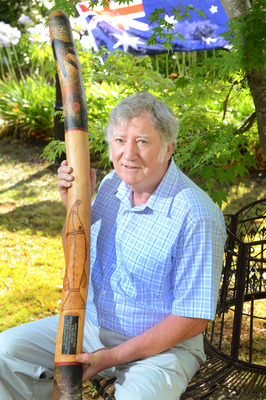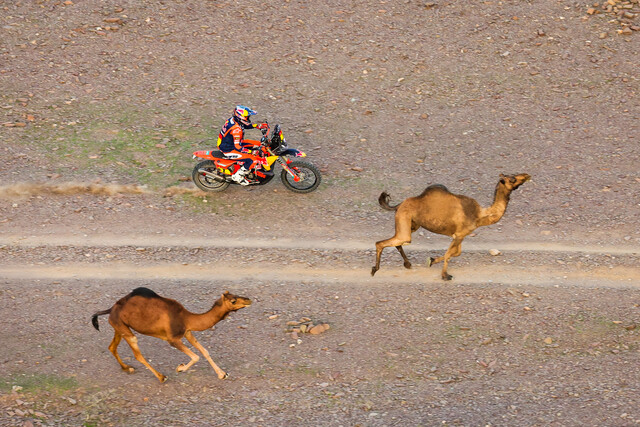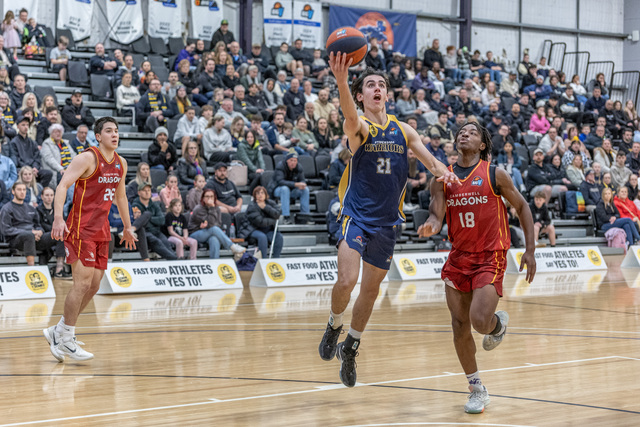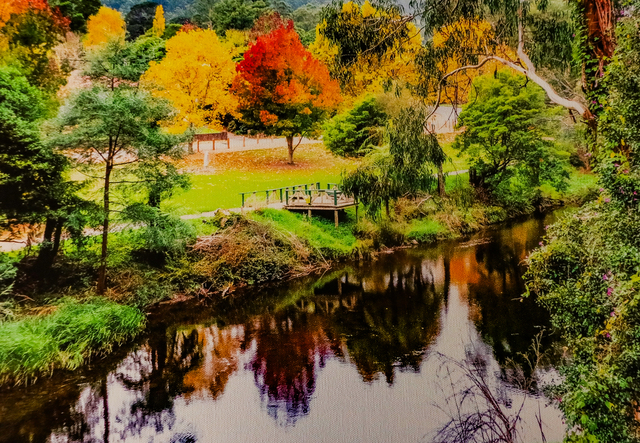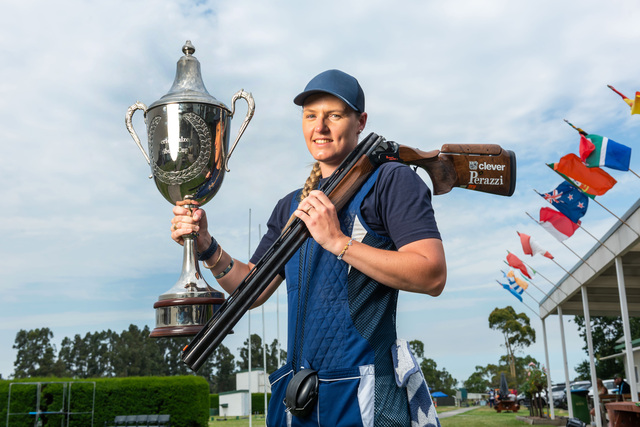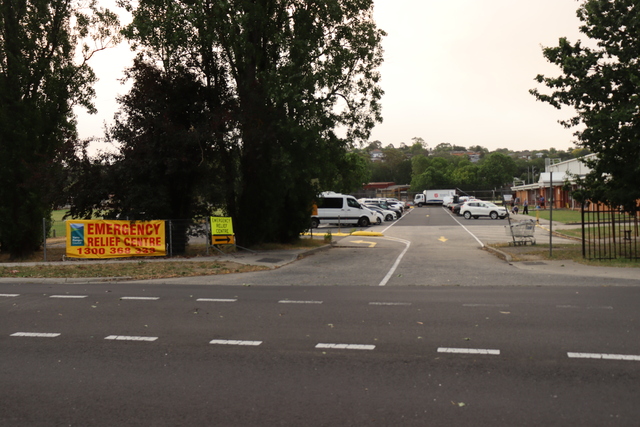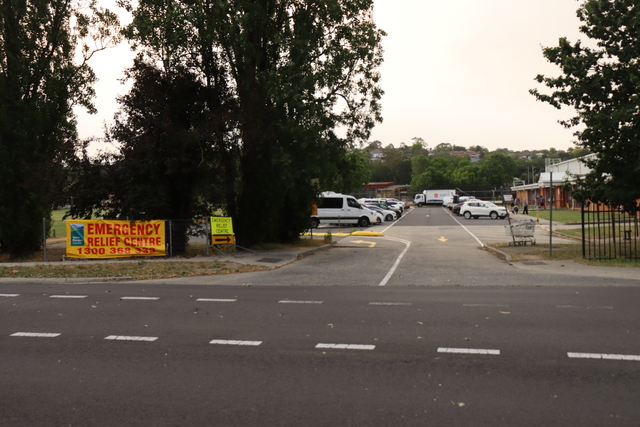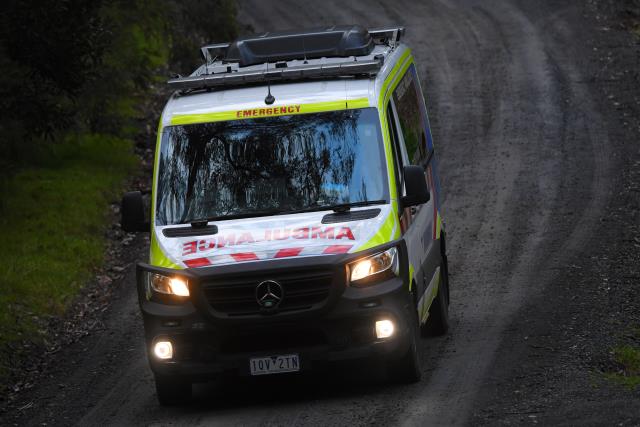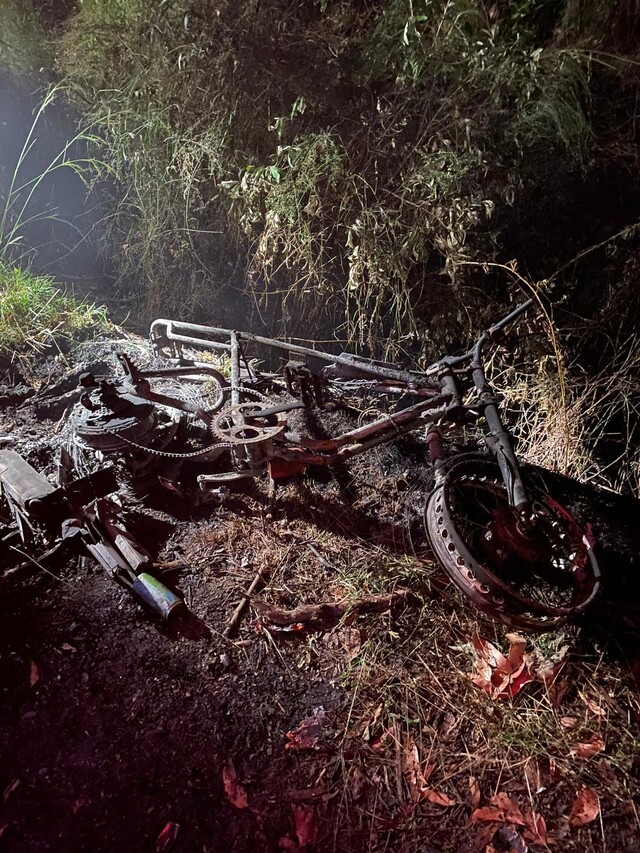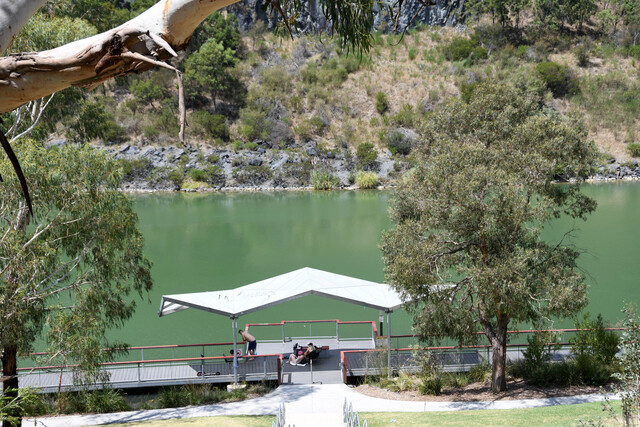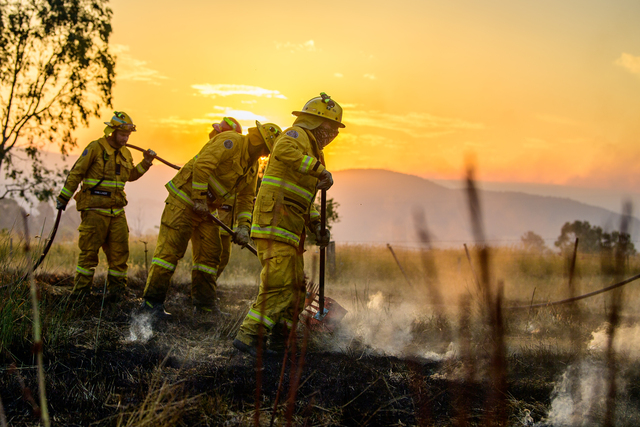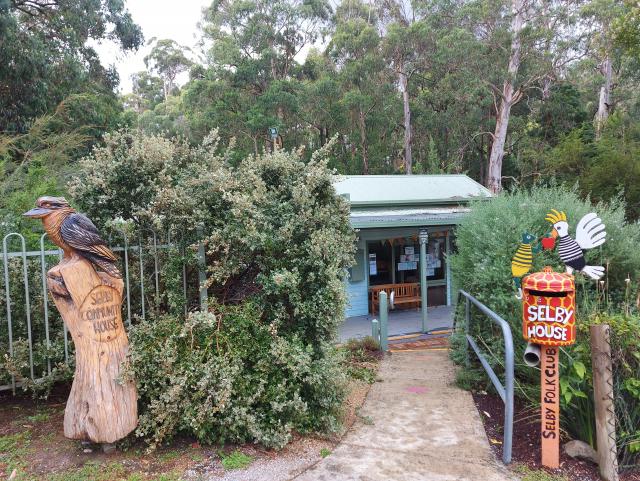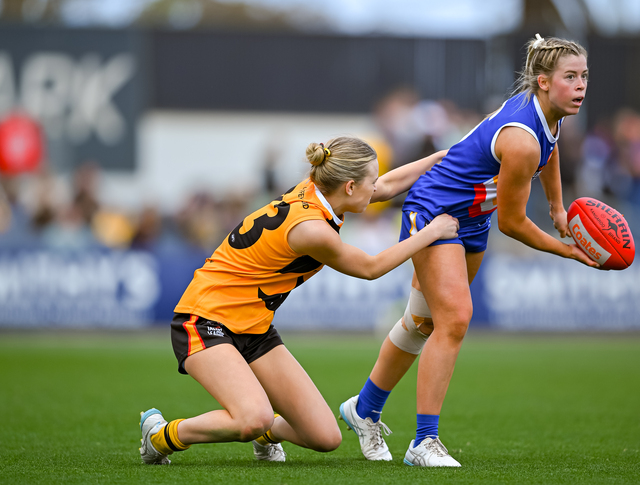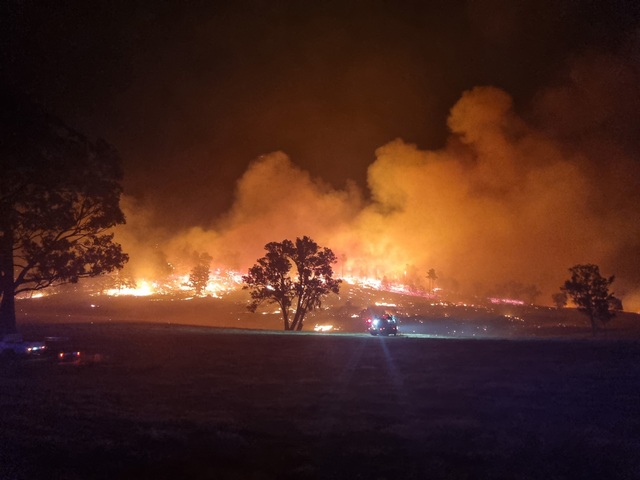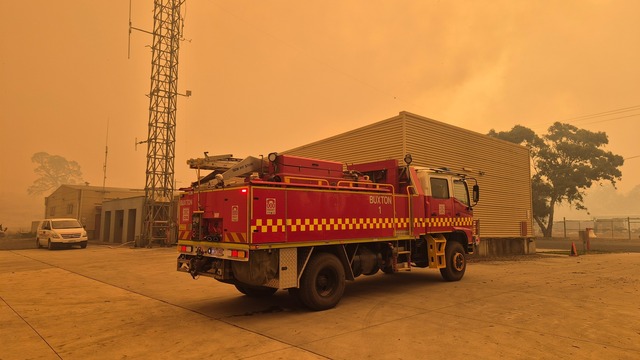By Derek Schlennstedt
‘Them and us;’ the term was often the prescribed description of the yawning gap between police and Aboriginal relations and reflects a period where the relationship between Aboriginal people and police in Australia included harsh treatment and seemingly excessive sentences.
Though, enduring legacies have been left by previous police officers and Aboriginal Elders, whose desire it was to improve and break down the barriers between police and aboriginals.
One of those police officers, whose desire to implement positive change in his community, is Greg Boland, from Emerald, who was more surprised than anyone, when on Australia Day he received a Medal of the Order of Australia (OAM) for his service and development of community programs to improve aboriginal and police relations in the 1980’s and 90’s.
The Mail spoke to Mr Boland who said he was surprised and truly honoured to receive the prestigious medal, which recognised his contributions while Inspector at Dandenong Police station.
“At the time, in the 1988 there was a Royal Commission into aboriginal deaths in custody … there was nothing formal with Victoria Police, so I created an order to look into alleviating deaths in custody,” he said.
“I worked with the aboriginal elders out in the Dandenong area and from there things developed and grew, and I ran a number of aboriginal and police youth camps.”
With over 1200 aboriginals in and around the Dandenong area at the time, it was Mr Boland’s desire not only to reduce deaths in custody but also to assist aboriginals in the legal processes surrounding imprisonment.
‘Operation comforting hand’, a program of Mr Boland’s own design was just one of many introduced at the Dandenong Police unit to give indigenous people special consideration for bail over minor offences – mindful of the trauma of incarceration.
His determination and contribution in ensuring Aboriginals were helped rather than hindered, has earnt Mr Boland a number of accolades over the years including a Winston Churchill Fellowship (to research international policing reconciliation practices).
Though the OAM medal is a much appreciated award the reward itself Mr Boland said were the results which showed that for the Dandenong district no aboriginal deaths in custody were recorded while he was inspector and that the station was set as an example for many other police units around Australia.
“I’ve always looked at things in that I knew that I was never ever going to change the world dramatically, but if I could just chip away a little bit, I knew that I could improve things,” he said.
“I knew there needed to be an improvement in the relationship between Aboriginal people and the police … It was almost like there were two sides – them and us and so that needed to be improved.
“I saw that we needed to break down the barriers, and from that I worked with a lot of Aboriginal Elders …I have a lot of respect for the aboriginal community.”
“I know I’m not going to change the world but by identifying there’s an issue somewhere, we can chip away at it and hopefully improve things.”

